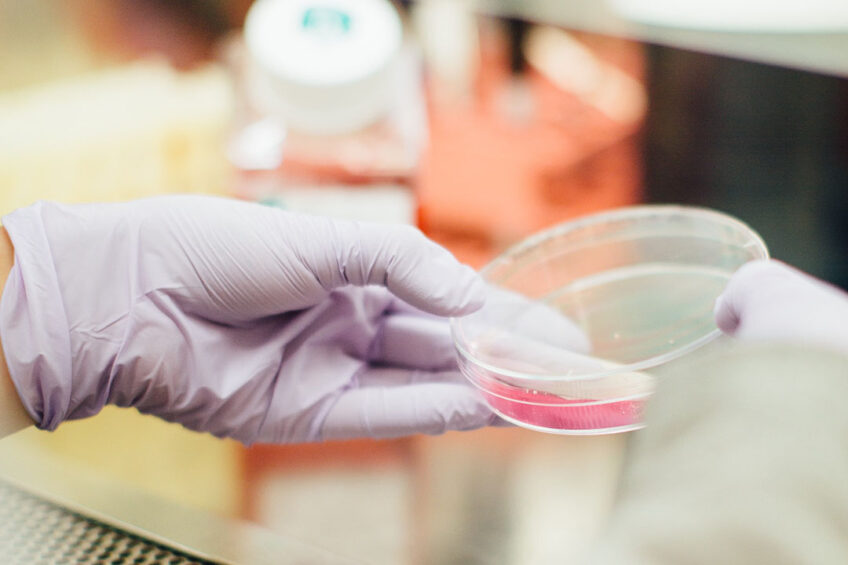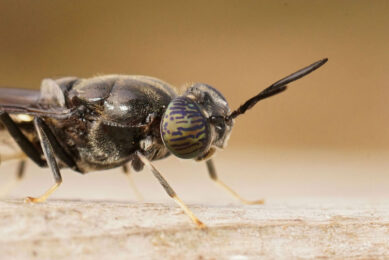Cultured and alternative proteins under the spotlight

Cultured protein will reach price parity with traditional meat cuts in the next 3 years, but the process of getting the same texture and taste is likely to take longer.
Once seen as unaffordable to the general population, the costs involved in processing cultured cells are falling rapidly, according to Benjamina Ballag, Higher Steaks Limited founder and CEO.
Speaking at the National Farm Management Conference, Ballag told delegates: “We want to get to price parity in 3 years with the likes of Tesco and Morrisons, but getting it exactly like meat will take a bit longer.”
Three years ago, Just Eat succeeded in cultivating chicken meat from cells and chose Esco Aster, a Singapore-based synthetic biology contract manufacturing company, to produce chicken nuggets and breasts as well as shredded chicken. But most governments haven’t put the emerging industry at the top of their agendas, and earlier forecasts that the cultivated meat market would take 10% of the global meat market by 2030 currently seem unlikely.
Ballag admitted that one of the issues facing the sector had been the reliance on marketing and branding of products when the technology was not quite available and couldn’t deliver on either costs or sensory enjoyment.
She said Higher Steaks was concentrating on getting the technology right. Using state-of-the-art cell culture techniques, the company takes a small sample of cells from an animal. The cells are then expanded by feeding them a rich and animal-free growth media. When the cells are grown, scientists guide them to become muscle, fat, and other types of tissues to form currently bacon and pork belly.
Insects
Dr Thomas Farrugia, founder and CEO of Beta Bugs Ltd., told delegates that the company aimed to provide the missing link in the insect protein supply chain through the development and distribution of black soldier fly (BSF) breeds. Insects such as BSF larvae can be reared at high densities, meaning tonnes of protein can be produced from a relatively small footprint, reducing feed rations costs at a small scale.
Using a combination of biotechniques and a genetic breeding programme at the Roslin Innovation Centre, Beta Bugs is creating breeds of BSF optimised for industrial needs. These breeds can then be sold to farmers wanting to use insect protein directly in their feed or to sell it to feed manufacturers.
Farrugia highlighted the partnership with Big Dutchman, which has been at the forefront of feeding systems for the poultry and pig sectors for nearly 100 years but has now gone into the insect sector. Big Dutchman has modified its solutions to meet the specific needs of insect farms, offering silos for indoor and outside use along with accessories required for feed storage. Its InsectMixpro provides insects with liquid feed, and pelletising frass from insects is also on the company’s agenda. Through its drying systems, it can set up the whole frass management to establish an organic fertiliser.
Farrugia said insects could be a substitute for soya, but there are still legislative barriers. Meanwhile, a consultation run by the UK’s Food Standards Agency on thoughts around the UK’s transitional arrangements for edible insects in Great Britain has been welcomed by the International Platform of Insects for Food and Feed (IPIFF). The IPIFF said its members were pleased with the possibility of the UK adopting a legislated transitional period under the EU Novel Foods Regulation for edible insects to enter the market in England, Scotland, and Wales.
The Woven Network has also welcomed the consultation, saying it was great for ongoing consumer education: “Being able to fully advertise and educate consumers is a step forward to making the edible insect industry more open. Insects should have a share of the alternative protein market and this policy proposal is a step closer to that.”
 Beheer
Beheer











 WP Admin
WP Admin  Bewerk bericht
Bewerk bericht